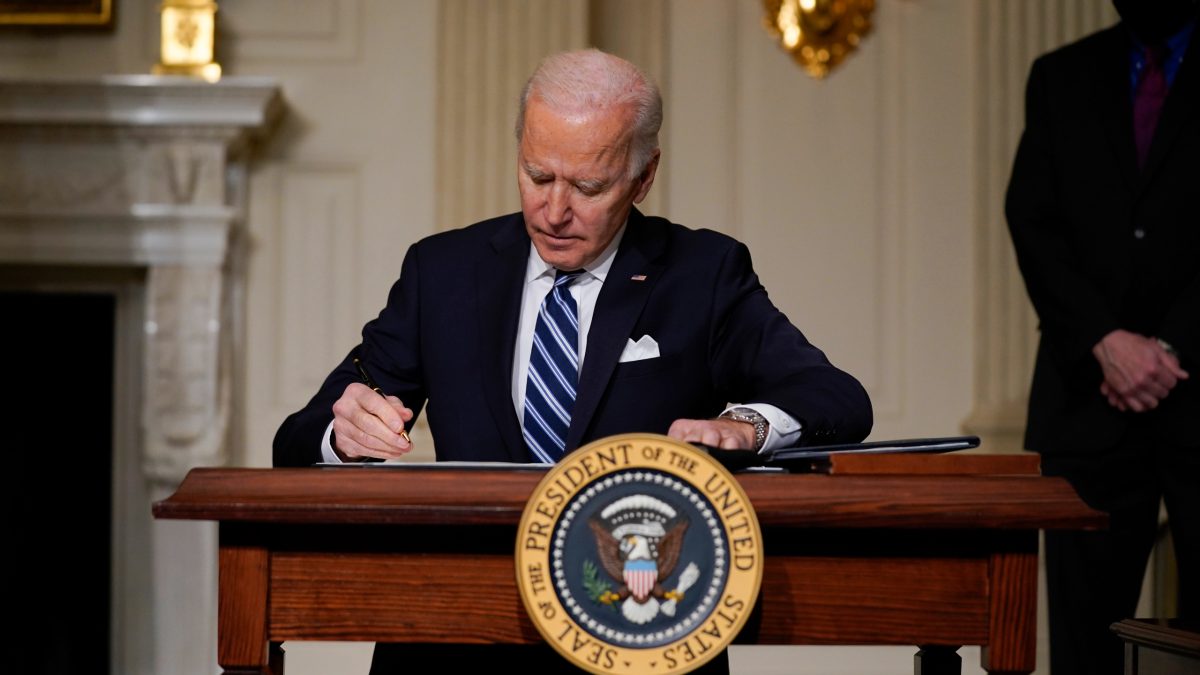On February 7, during a debate on the nomination of Jeff Sessions for Attorney General by President Trump, Elizabeth Warren was silenced by Senate Majority Leader Mitch McConnell. She had attempted to read a letter by Coretta Scott King, the late wife of Dr. Martin Luther King Jr.
The letter in question was penned thirty years earlier by King as a response to the nomination of Sessions to the position of federal judge. She accused him of “indifference towards criminal violations of civil rights laws” and of “using the awesome power of his office to chill the free exercise of the vote by black citizens in the district.” There are many more objections in the letter, including accusations of blatant racism in legislation and prosecution, and Warren sought to read the letter as written in order to highlight these same issues.
However, Majority Leader McConnell invoked Rule 19, a seldom-used rule forbidding a senator from making undue disparaging comments about another senator, which silenced her for the remainder of the debates and hearings for Jeff Sessions. This move outraged many, as did McConnell’s words: “She was warned. She was given an explanation. Nevertheless, she persisted.” These words have become a feminist rallying cry. After her attempt to read the letter, various other senators read the letter with no reproach, the only difference being that they were men.
The timing of this silencing is particularly favorable to Warren, and damning for the GOP. Coming less than a month after the historic Women’s March, such a blatantly gendered act of silencing an oppositional voice has lent fuel to the fires of resistance to the current administration’s policies and method of operation. Warren is up for reelection in 2018, and this has lent immense help to her forthcoming campaign, which raised $250,000 in under twelve hours after the ruling by McConnell. Events such as this are likely to proliferate during the coming term, and Warren is being viewed as a candidate for the 2020 elections.
Many conservatives were also baffled by McConnell’s move. The Federalist, a conservative paper, said of the incident: “Shutting down a female senator while she’s reading a letter from civil rights icon Coretta Scott King is a bit on the nose, even for the GOP.” However, they take the view that her support for a presidential run serves them well, as her ability to do well with working class, white, middle-American families (the same demographic that won Trump the presidency) is doubtful.
Whatever the case, a general consensus was that the ruling was a blow against free speech, something that has come under fire during Trump’s campaign and presidency. It remains to be seen if this will become a pattern, but it is nonetheless a troubling incident so early in the term.

































